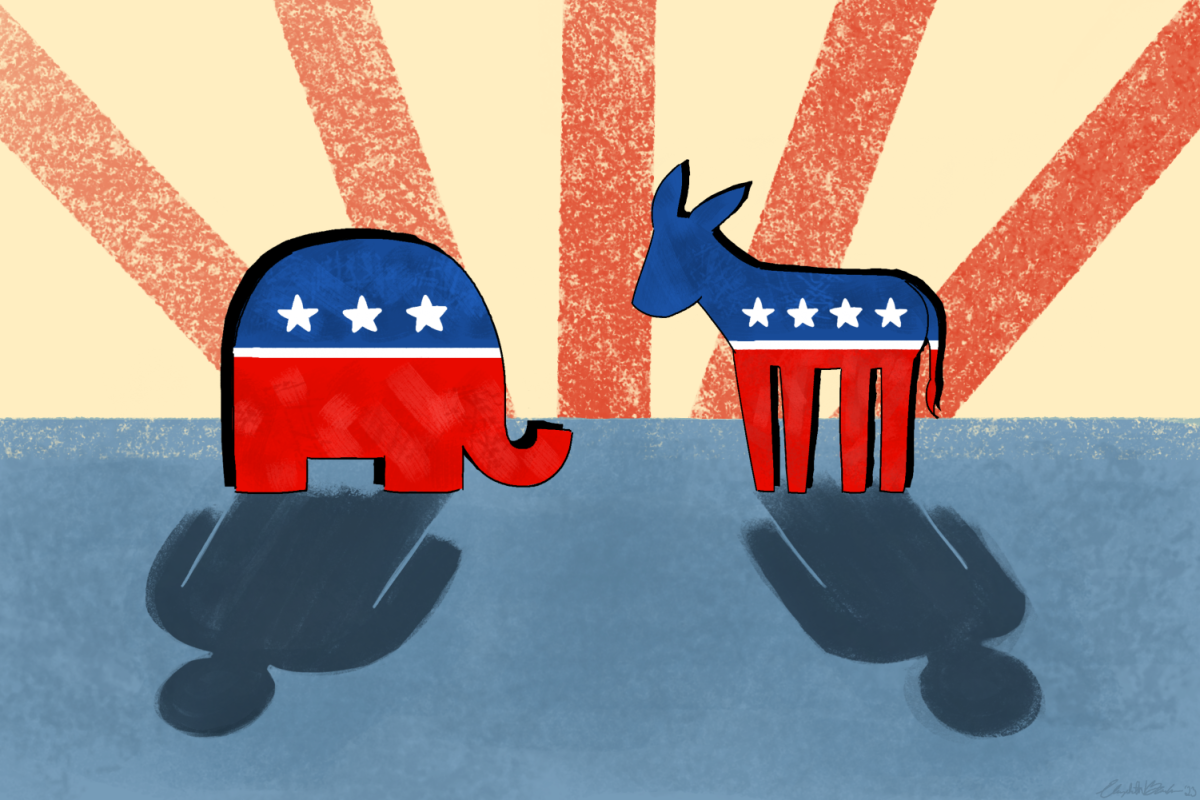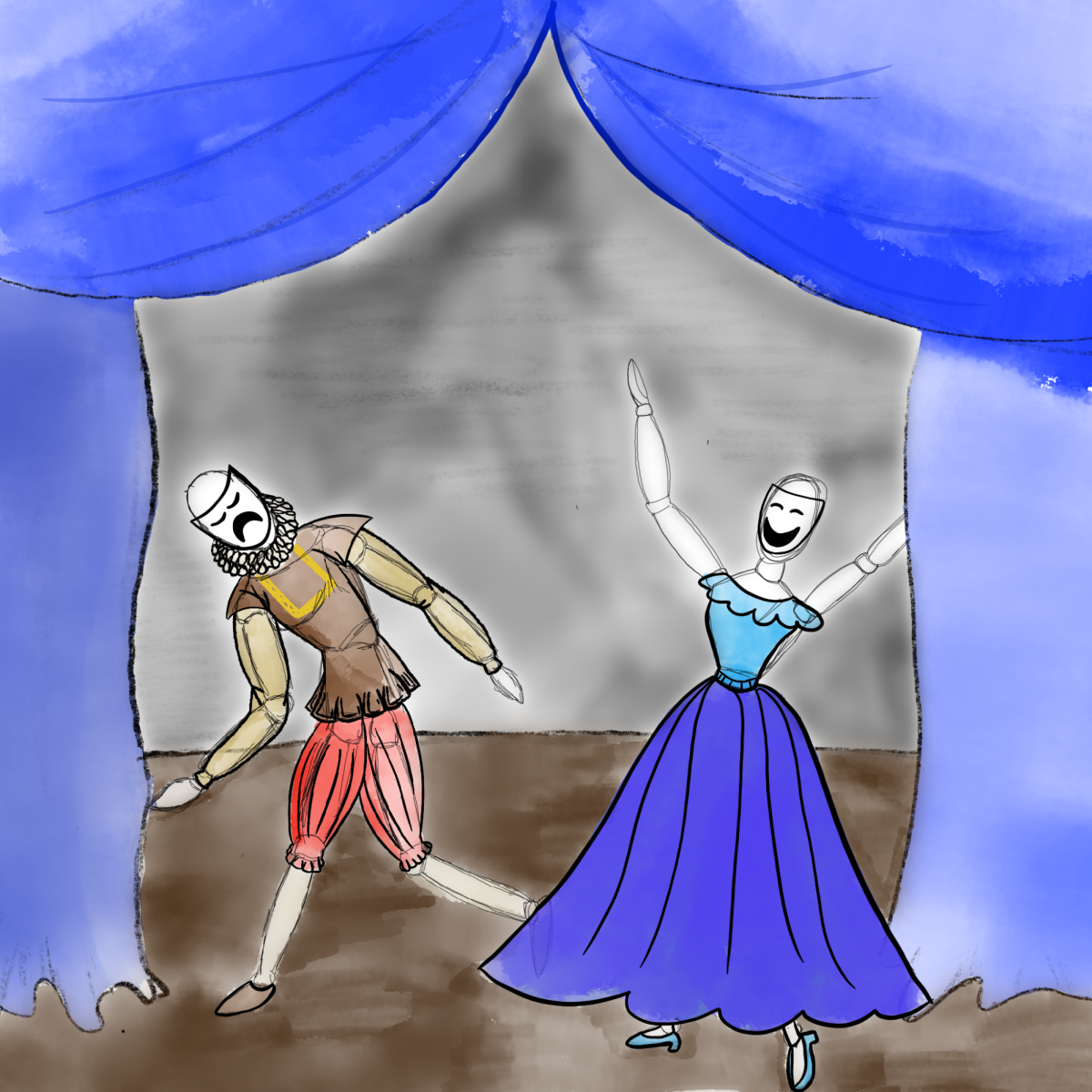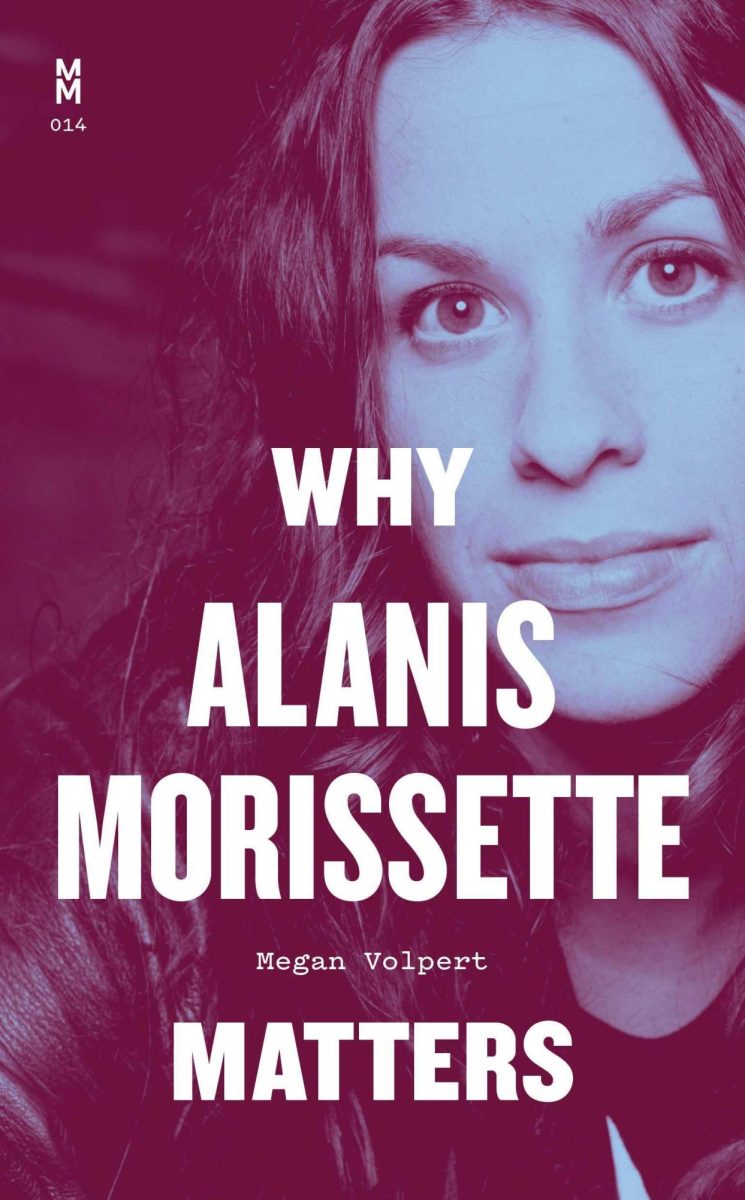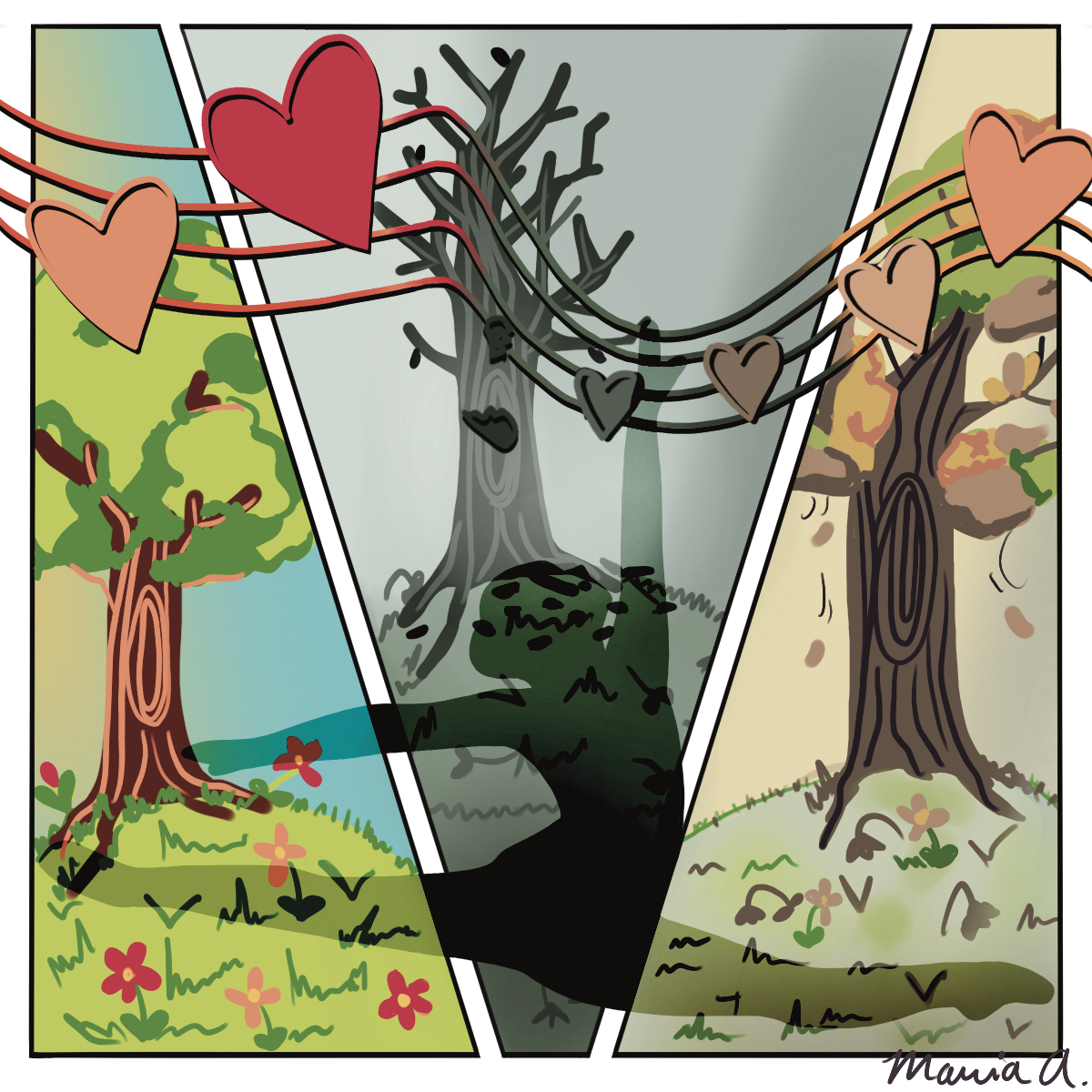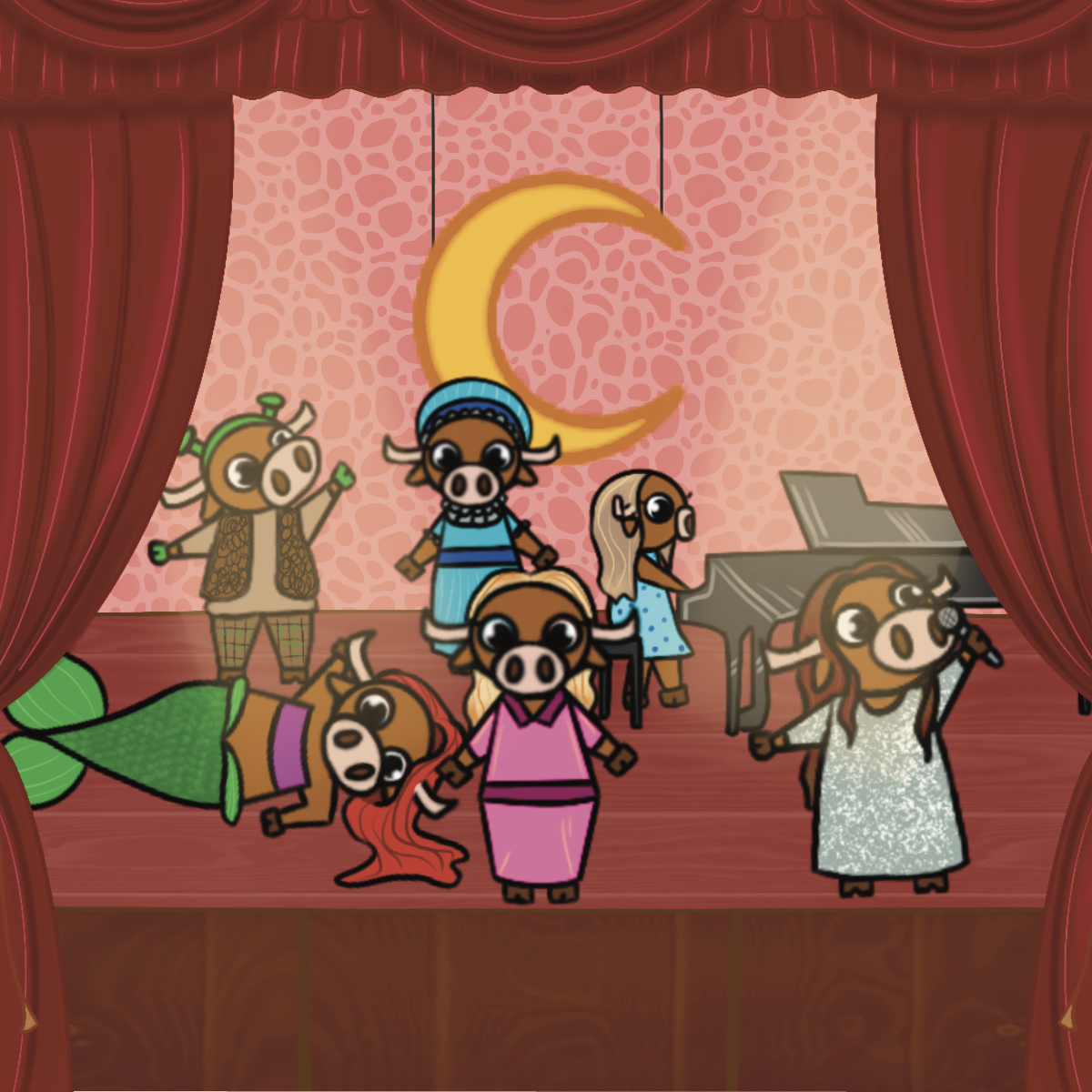Students gathered for a candid discussion with Paul Begala, former UT student body president, renowned political strategist and CNN commentator, at the Annette Strauss Institute’s Pizza & Politics event. The event allowed attendees to enjoy a relaxed setting while engaging in meaningful discussions about politics and civic engagement.
Begala, a government and law-jurisprudence alumnus, shared insights from his career and thoughts on the current political climate. Mark Strama, director of the Annette Strauss Institute for Civic Life — the host organization — and professor of practice in the Department of Communication and Media Studies, said the event aimed to create an open dialogue about polarizing topics.
“(Begala) practiced what I call in my classes cognitive empathy,” Strama said. “He was able to understand the argument of people who he profoundly disagrees with, which is a much more persuasive way to approach a debate.”
For students like Tanya Zhang, a communication studies junior, Pizza & Politics served as an opportunity to bridge her academic coursework with real-world political thought.
I think it’s wonderful to exchange fields and have conversations,” Zhang said. “(It is) a great opportunity for college students, especially when there’s pizza. It’s really chill and inspiring.”
The event also resonated with seniors like Julia Flack, a political communication and government senior, who appreciated the chance to engage with someone whose career path she admired.
“Paul Begala has a really interesting resume and background, and I would like to do something similar to his line of work,” Flack said. “I’m hopeful to hear how he got to where he was and any practical tips for dealing with elections because politics can be all-consuming.”
Begala’s candid conversation reflected on both his professional experiences and the state of political discourse today. Strama spoke to the importance of fostering these open dialogues, especially in light of recent student protests this past spring.
“There were roughly 1,000 students participating in protests on one side or the other,” Strama said. “There were 52,000 students who weren’t participating on either side. When I talked to the students in my classes, they did not feel comfortable talking about the issue. They were afraid of saying something that would trigger an ugly debate and did not think they could engage in a civilized debate. They had more questions than they had opinions, and they didn’t feel like they could raise those questions. I felt like that was really unfortunate.”
Flack said the conversation reaffirmed the importance of political engagement during the formative years of college.
“College and high school are when you start getting exposed to civic life and political ideas and begin forming your own opinions,” Flack said. “I think it’s great to be able to hear opinions from different sides and see what resonates with you.”
Strama said the relaxed setting of Pizza & Politics offered an environment for students to connect with influential figures in an approachable way. He added that events like these are designed to bridge the gap between academia and real-world political practice.
“I don’t come from an academic background,” Strama said. “I’m a professor of practice. I was a politician before I came to UT. I want to give students access to real-world political actors and hope they can engage with them and with their ideas in an (informal) way.”

